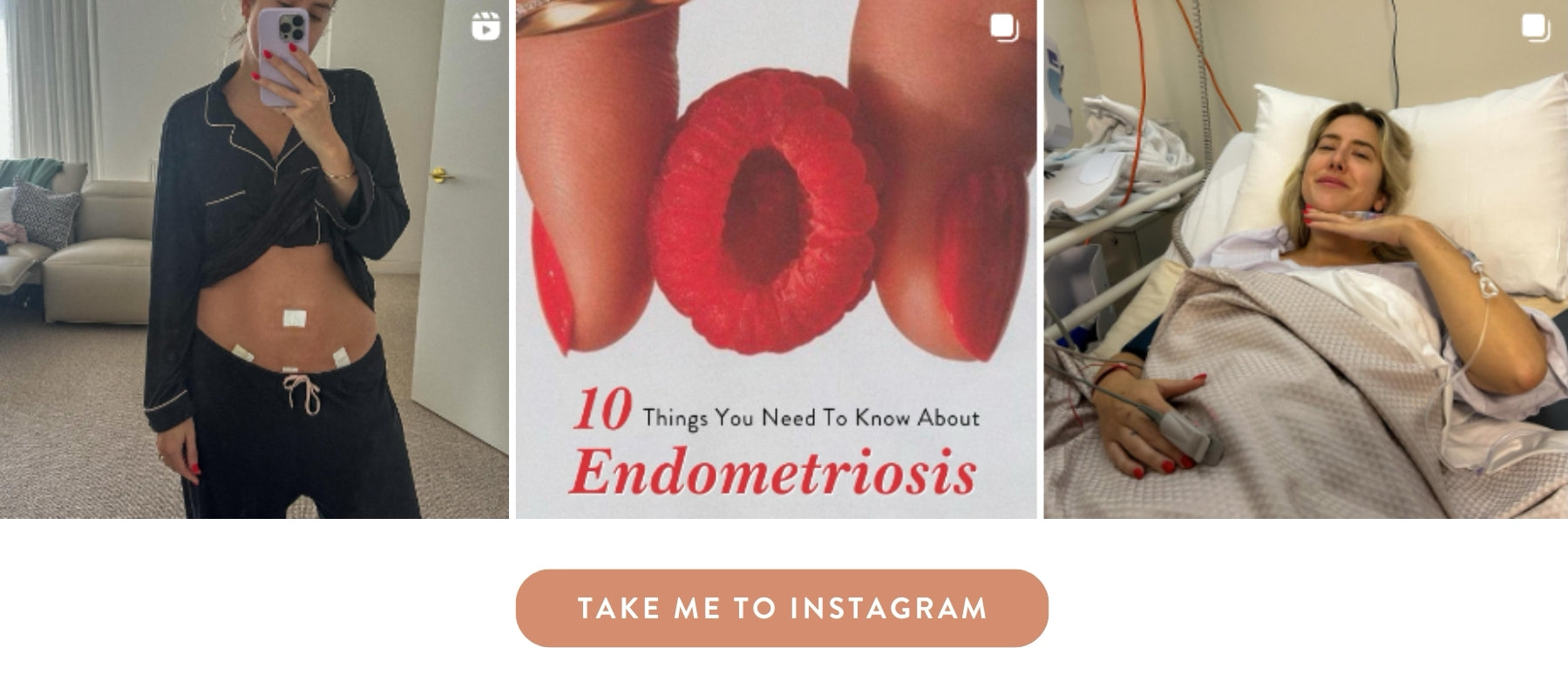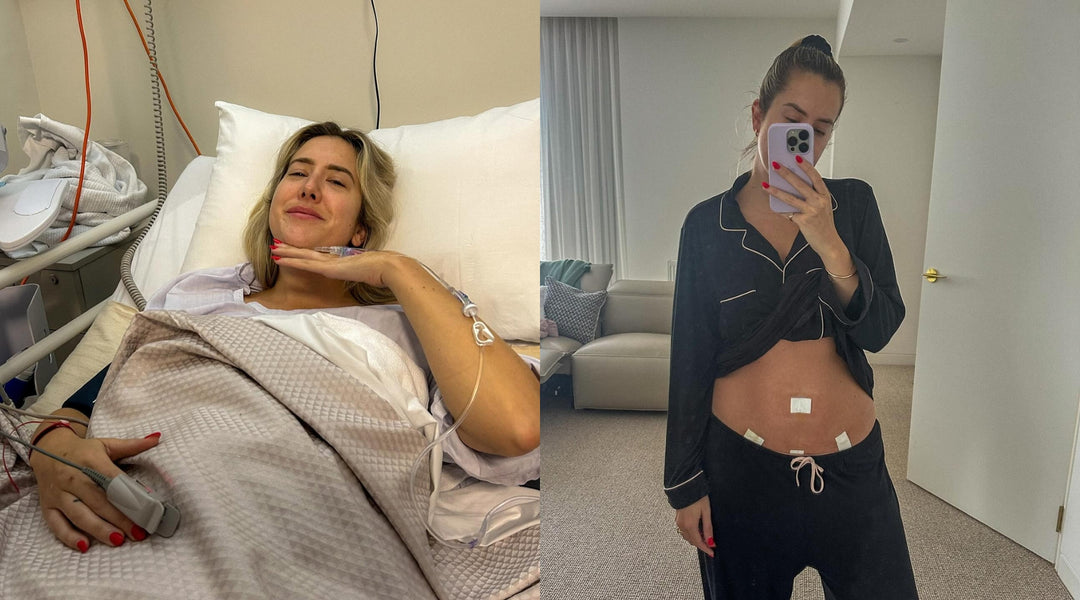Suspect You Might Have Endometriosis? Here’s What To Do.

Are you or someone you know dealing with persistent pelvic pain, irregular periods, painful sex, excessive fatigue, or fertility challenges, it could be worthwhile to consider the potential presence of endometriosis.
Here is a step-by-step guide to get a diagnosis and receive the help you need.
1. Track and write down all of your symptoms
Begin by diligently tracking and documenting all your symptoms, which may look like but are not limited to:
- Abdominal pain or discomfort
- Pain during or after sex
- Heavy bleeding during your period
- Bloating
- Nausea
- Bleeding or spotting between periods
2. Research a reputable gynaecologist who specialises in endometriosis
Take proactive steps to research a reputable gynaecologist who specialises in endometriosis. Consider seeking recommendations from others or checking online reviews. Note down the contact information of the endo specialist you'd like to consult in preparation for the next step - visitng your GP.
3. Schedule a GP appointment
Endometriosis is frequently misdiagnosed. Communicate to your GP that you suspect you may have endometriosis and assertively advocate to be referred to a specialist for further investigation. Bring the following to this appointment:
- Your tracked symptoms.
- Your preferred gynaecologist who specialises in endometriosis (you’ve already done your research, remember!?)
4. Make an appointment with the referred (endo specialist) gynaecologist
If the gynecologist suspects the presence of endometriosis based on your symptoms, they may initially recommend a transvaginal ultrasound. Which will involve the insertion of a probe into your vagina. The ultrasound provides valuable insights in assisting the gynaecologist to determine the potential presence of endometrial tissue.
5. Ultrasound & follow-up appointment with gynaecologist
Following the ultrasound, you will have a follow-up appointment with your gynaecologist to discuss the results. If the ultrasound, along with your symptoms, suggests the presence of endometriosis, your doctor will likely recommend proceeding with a laparoscopy surgery, as it is currently the only definitive method to diagnose endometriosis.
From here, you would have either ruled out the likelihood of endometriosis or be preparing for a laparoscopy surgery to confirm an endometriosis diagnosis. Either way, you should be extremely proud of yourself for taking control of your health and taking the necessary steps required to investigate this invisible chronic illness.
If you still don’t have answers, don’t give up. What you are experiencing is valid, real and important. Keep pushing for answers and be kind to yourself.
If you’re preparing for a laparoscopy, no question is silly, annoying or too much. Ensure that your surgeon has extensive experience in endometriosis surgical procedures and empower yourself with all the knowledge around treating endometriosis during the laparoscopy and beyond.
Here are two helpful book recommendations that delve deeper into navigating endometriosis, along with helpful tips on what to ask your doctors. We recommend reading these before your laparoscopy.
How to Endo: A guide to surviving and thriving with endometriosis by Bridget Hustwaite.
Beating Endo: A Patient's Treatment Plan for Endometriosis by Dr Iris Orbuch.
Sending all our love. xxx





